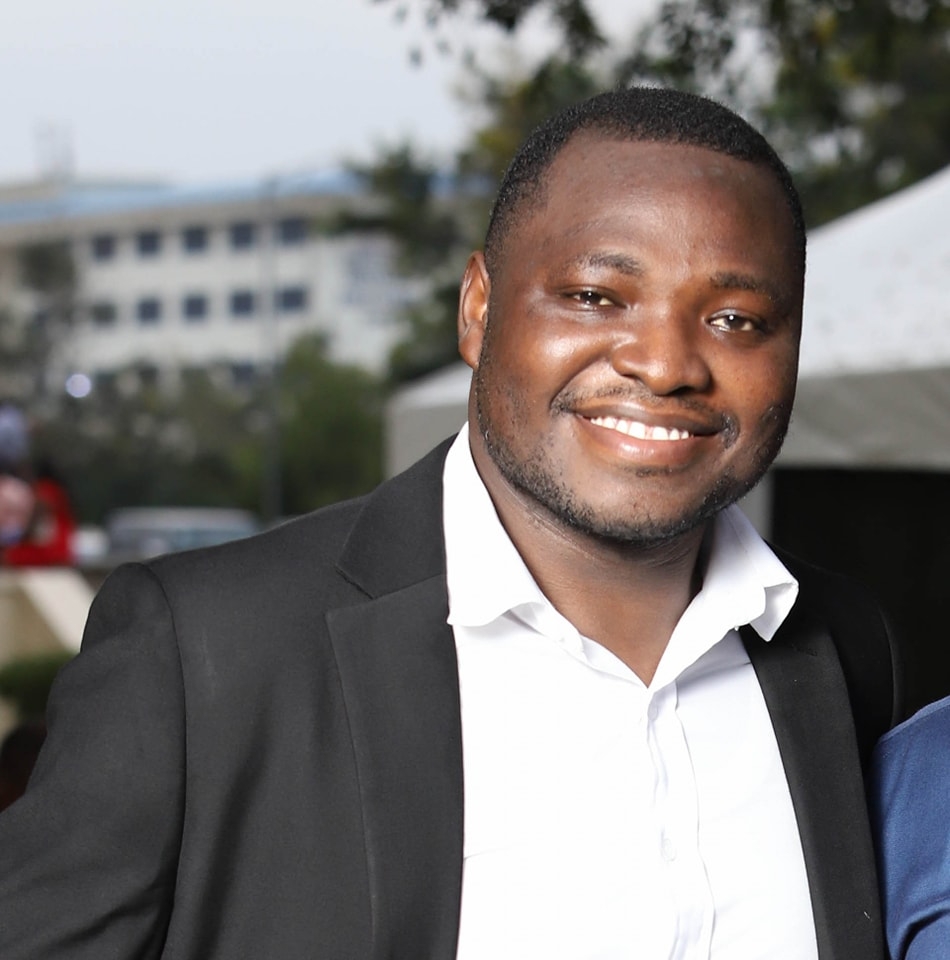
Joshua graduated from the University for Development Studies, Ghana, in 2013 with a bachelor’s degree in Mathematical Sciences (Mathematics). He continued to KNUST in 2014 to study for an MPhil in Applied Mathematics. During his second year at KNUST, he applied to AIMS Ghana in 2015 for an MSc in Mathematical Science and successfully graduated from both programs in 2016. In 2018 Joshua gained a Chinese government scholarship to study a PhD in Mathematics with a research focus in Mathematical Biology in the complex system research center and graduated in 2021.
Joshua Kiddy Kwasi Asamoah is a Lecturer in the Department of Mathematics at Kwame Nkrumah University of Science and Technology, Kumasi, Ghana. Joshua uses an ordinary differential, partial differential equations, optimal control theory, and fractional derivatives to gain insights into the qualitative behaviour of nonlinear dynamical systems arising from the mathematical modelling of phenomena in the natural sciences, with emphasis on the transmission dynamics and control of emerging and re-emerging human and animal diseases of public health and socio-economic interest.
Asamoah is a dedicated, detailed, and capable researcher with years of experience in academic research. He has extensively published 29 research in Science Journals.
“The time I spent at AIMS augmented my personality. I decided to ignore the challenges standing in my way and instead focus on the end goal. The creative learning environment at AIMS inspired me to perform at a high level. Thanks to AIMS, I gained the visibility I needed to advance my education and research in mathematical biology. As a form of giving back to the AIMS community and Ghana, Joshua carried out a research project (Global stability and cost-effectiveness analysis of COVID-19 considering the impact of the environment: using data from Ghana) in 2020 with some AIMS alumni at AIMS Ghana. The research is published in Chaos, Solitons and Fractal-Impact factor 9.922. The publication has received 110 citations.”
